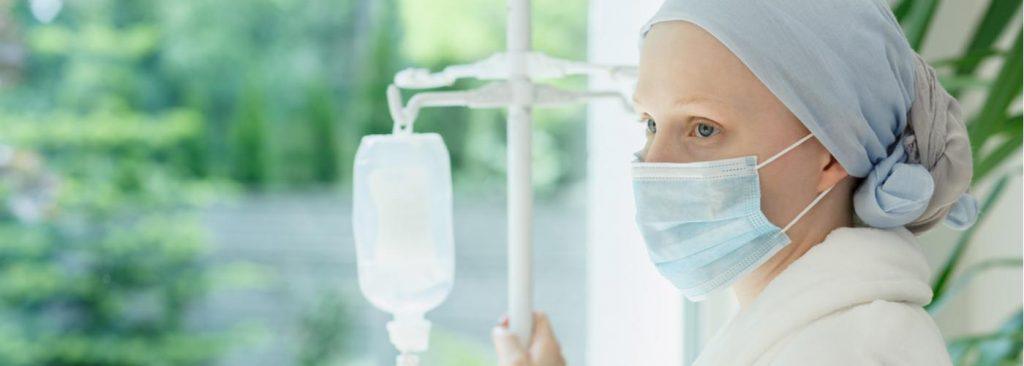Leukemia is among the most deadly types of cancer. According to the Leukemia and Lymphoma Society, [1] a new patient is diagnosed with leukemia every three minutes in the U.S. Despite the fact that anyone can get it, most people are not screened for leukemia, and many do not know what symptoms to look for. That is why it is critical that you learn the early warning signs of leukemia so that you can get the help you need at the right time for yourself and your loved ones.

What Is Leukemia?
Leukemia is a cancer that attacks the bone marrow and other tissues responsible for forming blood. Leukemia can develop based on genetic predisposition, but it can also develop as a result of long-term exposure to carcinogens like BPA, formaldehyde, arsenic, and benzene. According to Healthline, [2] leukemia comes in four main types:
- Acute myelogenous leukemia affects adults and children
- Chronic myelogenous leukemia usually develops in adults
- Lymphocytic leukemia is most often found in children
- Lymphoblastic leukemia most commonly affects adults over the age of 55
Early Warning Signs of Leukemia
A slowly spreading leukemia may be hard to spot until it gets to an advanced stage. However, quickly spreading leukemia may produce recognizable symptoms such as:
Weight Loss That Seems Effortless
Sudden inexplicable weight loss that occurs without any change in diet or exercise might be a warning sign of leukemia.
An Unexplained Fever
An elevated temperature is your body’s natural way of fighting infections and viruses, but if you are experiencing a persistent, almost daily fever, it may be a sign of leukemia.
Skin Rashes
If you have developed a skin rash with a tight grouping of small red bumps, it may also be a sign of leukemia.
Easy Bruising
Look for bruising on yourself and your children that cannot be explained by falls or bumps. Easy bruising is a tell-tale warning sign of leukemia.
Fatigue
If a good night’s sleep does not alleviate your exhaustion and fatigue, or if you find it very difficult to get out of bed, consult a doctor.
Swollen Lymph Nodes
While a cold may cause your lymph nodes to swell for a short time, leukemia will cause swelling for months.
How to Treat Leukemia
No matter what kind of leukemia you contract, treatment is not easy. Nonetheless, here are the most common approaches used to treat leukemia:
Chemotherapy
is the most common treatment for cancer and leukemia, according to the Mayo Clinic. [3] Chemotherapy patients use a single drug or a cocktail of drugs and take them either in pill form or via injection.
Targeted Therapy
In certain cases, your doctor will try leukemia-specific medications and drugs that target known vulnerabilities of cancer cells.
Radiation Therapy
Using x-rays to prevent further growth and to kill cancerous cells is another common therapy that can be combined with other approaches.
Stem Cell Transplants
Stem Cell Transplants are a newer treatment that takes bone marrow cells from a cancer patient and replaces them with healthy stem cells.
Other treatment options are available and new ones are being developed. You can always discuss the best course of action with your doctor.
Spot Leukemia as Soon as Possible
Getting a leukemia diagnosis is never easy, but if you are concerned that you or a loved one may have leukemia, it is crucial that you seek help and treatment as soon as possible to increase your chances of survival. If you need to research available treatments, search online, talk to your doctor, and compare options before making a decision.
[1]http://www.lls.org/http%3A/llsorg.prod.acquia-sites.com/facts-and-statistics/facts-and-statistics-overview/facts-and-statistics
[2]https://www.healthline.com/health/leukemia#types
[3]https://www.mayoclinic.org/diseases-conditions/leukemia/diagnosis-treatment/drc-20374378


